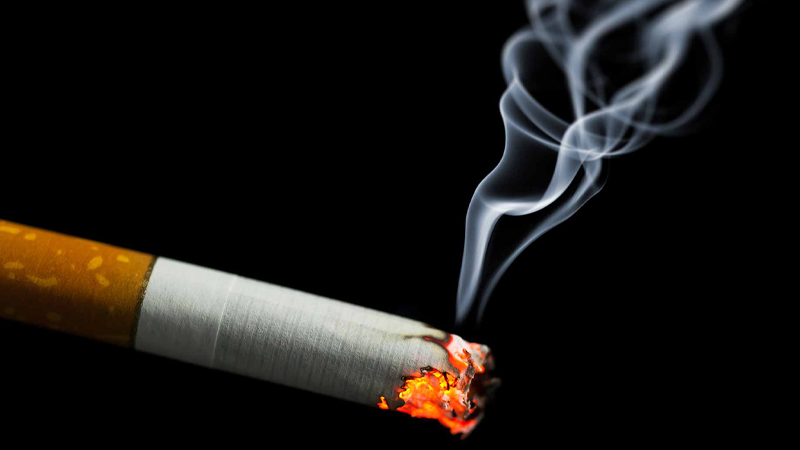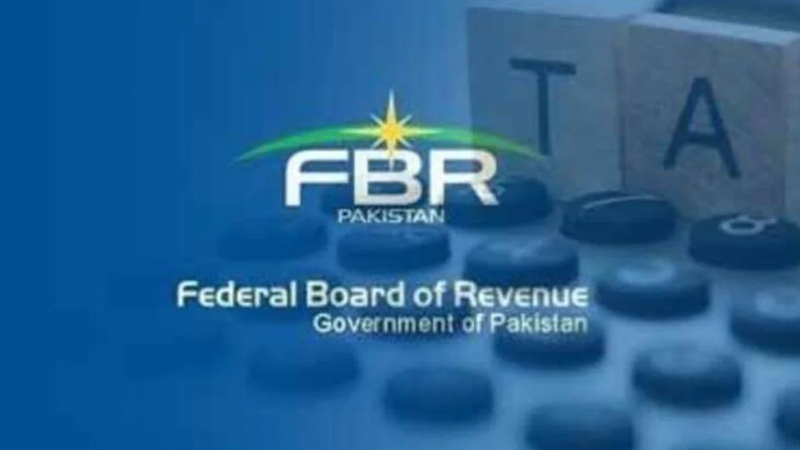The federal government is currently considering a proposal to increase the federal excise duty (FED) on cigarettes, a move championed by the Tobacco Control Cell (TCC) and several non-governmental organizations (NGOs). The proposed hike, set at 26.6%, aims to curb smoking rates and boost government revenue.
Sources within the Ministry of National Health Services Regulations and Coordination reveal that the TCC formulated the proposal following sustained advocacy from health-focused NGOs. The ministry is now deliberating on the measure as Pakistan grapples with a low tax-to-GDP ratio and seeks to meet fiscal targets, particularly in light of recent negotiations with the International Monetary Fund (IMF).
Pakistan is hopeful for a new IMF program worth $6 billion to $8 billion over the next three to four years, following a recent visit from an IMF delegation. Increasing the FED on cigarettes could align with the IMF’s recommendations for fiscal reforms, albeit through the imposition of indirect taxes.
Currently, the government earns approximately Rs120 per cigarette pack through FED. If the proposed increase is implemented, the FED could rise by 15% to 19%, with the minimum price for locally-produced cigarette brands set at Rs127, inclusive of all taxes.
Advocates of the increase point out that cigarette prices in Pakistan are significantly lower than in many developed countries, where high taxes are used to discourage smoking and offset the healthcare costs associated with tobacco-related diseases.
However, there are concerns about potential negative repercussions. One major issue is the possibility of increased smuggling of cheaper, untaxed cigarettes, a trend already observed following previous price hikes. Local tobacco companies paid Rs173 billion in taxes last fiscal year, but tax evasion remains a significant problem, with losses estimated at around Rs240 billion.











Leave a Reply